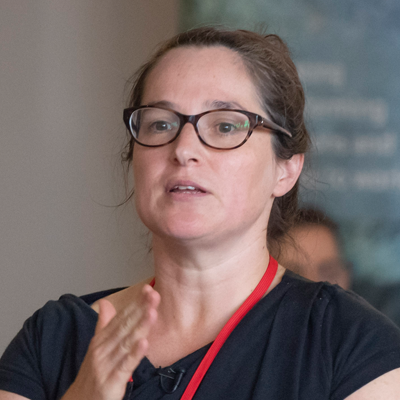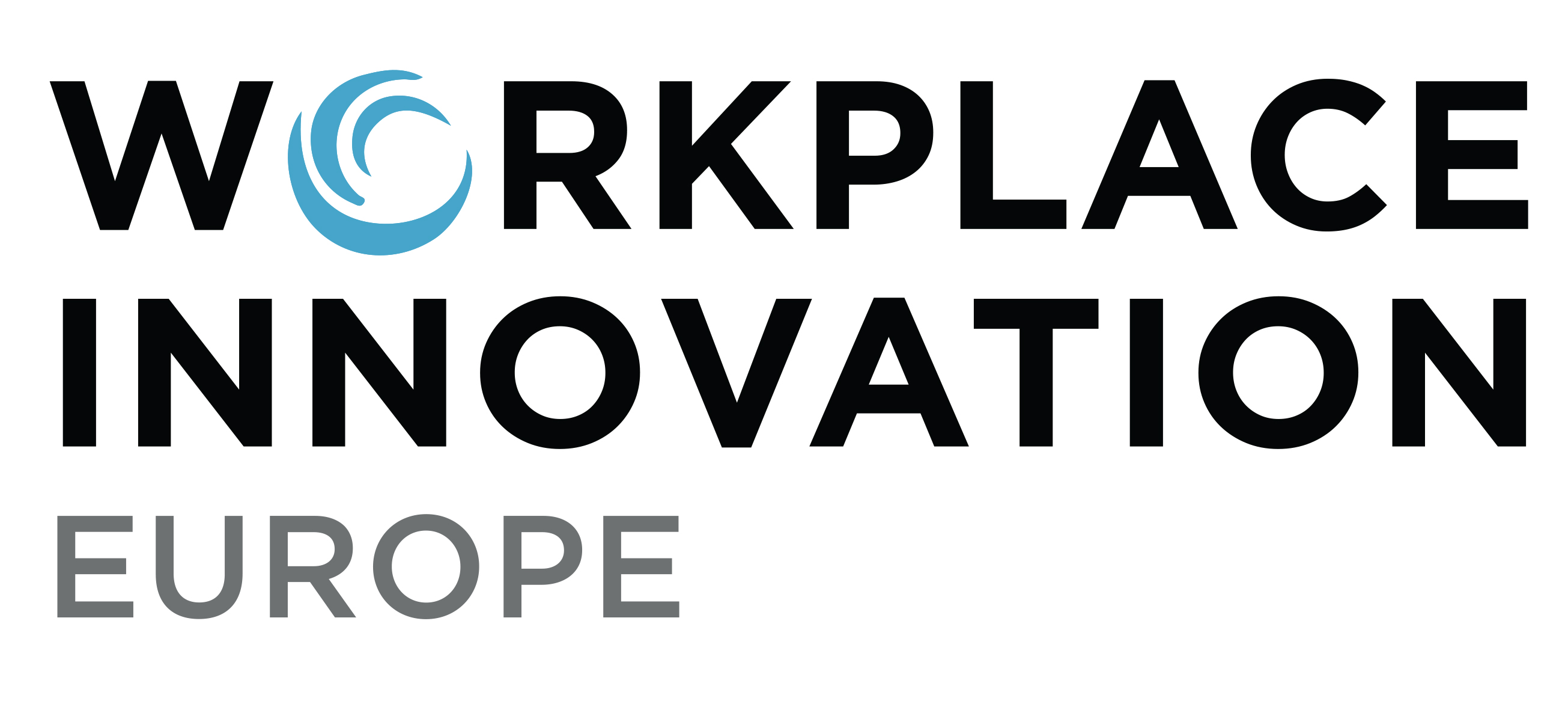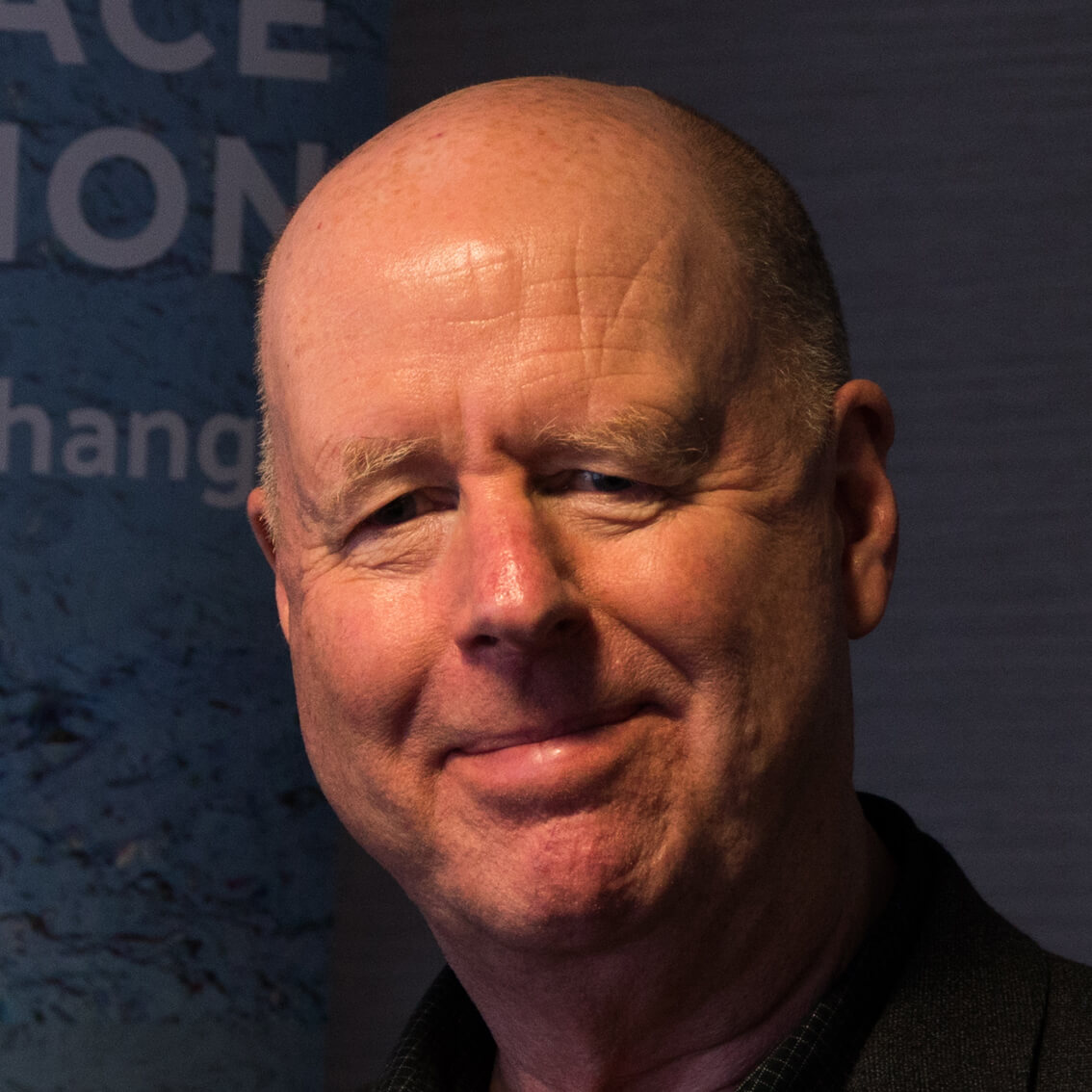Imposter syndrome – a helpful label?

Natalie Wilkie
Organisational Development Specialist
Everywhere you look, there are workshops and webinars on imposter syndrome. But what is it, and is talking about it actually useful?
Clance and Imes first defined ‘the imposter phenomenon’ in 1978 as “the psychological experience of believing that one’s accomplishments came about not through genuine ability, but as a result of having been lucky, having worked harder than others, or having manipulated other people’s impressions…”. More recently, it’s being used as a label specifically related to people in careers and businesses to support mental health awareness – being an acceptable form of “mental health” difficulty.
I believe most of us can relate to this “syndrome” at some point in our careers and why it has become a hot topic. I certainly spent most of my early career in marketing and advertising feeling like a fraud. I felt I worked hard but was not actually skilled or talented at what I did. I felt like I had to make up for my lack of ability by overworking. By doing so I ended up burning myself out. Even now, with years of professional experience, I sometimes feel the same way. Thankfully it’s a rare occurrence these days but it does still happen. It’s most likely to happen when I’m feeling anxious, low or fed up. So what’s the connection?
By focusing on a label of “syndrome” are we missing something? For me imposter syndrome is a symptom of a bigger picture. It is also a “protector” part (see the blog on protectors) a “part” that is desperate to avoid deeper pain and difficulty. There is a much bigger picture here of a person who has issues with self regard and therefore belief in themselves. The work I needed to do to fix my “imposter” feelings was much bigger than how I felt in my work and career. It involved how I felt with everyone, my relationships, my family and friends and how I felt about myself. I had experienced a lot of difficulty in my early life and so naturally have a low self regard. I had to work hard on this difficulty and trauma in order to begin to believe in myself.
Work and careers shine a spotlight on relationships and achievement. Just as school does. In our culture often it is about achievement our identities are so woven into it. Being a good human being is not good enough. We have to demonstrate to the world we are more than that – with grades, promotions, salaries, cars, houses and so on. The roots of needing to do this are linked are low self regard and the society we are surrounded by.
When I work with people sometimes they will abandon the career or current course as they realise they are doing it for someone else and not for them as their self regard increases and they develop their identity separate from the achievements and what has been expected.
In some cases maybe “imposter syndrome” is a useful label as a way into those deeper layers of self regard. It might lead someone to explore their own mental health further. However, it might only tackle the symptom for a short time at best depending on the approach of the person supporting the session or coaching. For those with self regard issues just tackling the “how to not feel this… ” offered by a short workshop is often not enough. It might help people to feel better in the short term but does it support the underlying worthless or hopeless feelings that might be there. A good coach will explore the whole picture with someone rather than just the label and this takes time.
Mental health issues and counselling have a lot of stigma and so maybe legitimising it as a label for business such as “imposter syndrome” has some worth as a step towards change. But if that step doesn’t become more than one step it might not be supportive and possibly detrimental.
Most of the time when I hear the word “imposter syndrome” in a business context I would put the label into the same bucket as “resilience”. A recent buzz-word that businesses are using to using to “show” they care about their employees without fully understanding the complexity of these words in a person. By providing more trusting, supportive and better environments for people to be themselves without stress and competition and allowing people to explore their own personalities these labels become less and less necessary.



